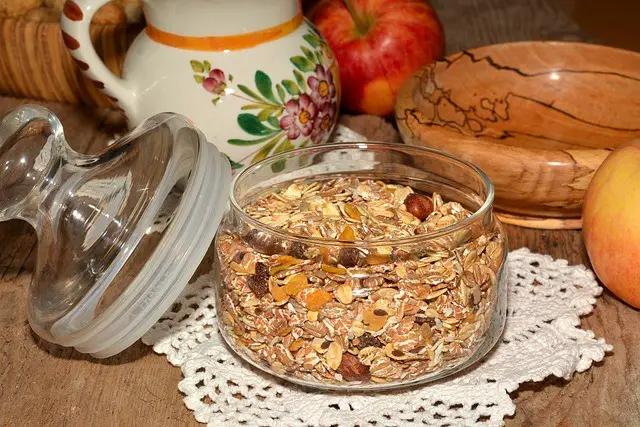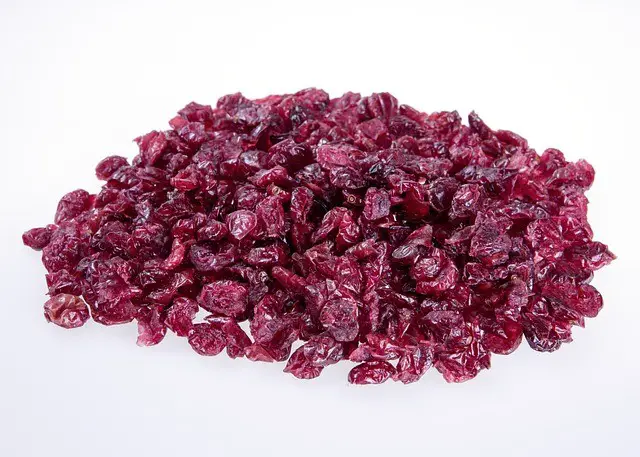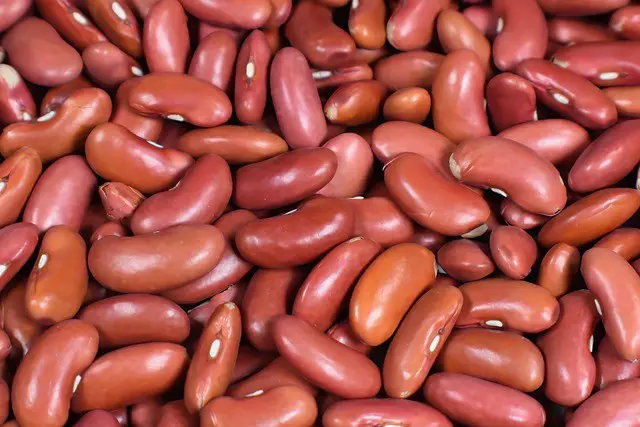People have embraced exercising as a way of managing their body weight. This method has become effective for shedding off pounds since it boosts metabolic rate which increases calorie burning. The more you get used to exercising on your diet, the higher your chances of smashing your weight goals.
However, at times you dread waking up to do your workout routine. A few lazy days and the nightmare of muscle pain sets in and you can’t imagine how dreadful your next session is going to be. Most people in this state turn to caffeinated drinks for that extra boost of energy.
Health enthusiasts will go for pre-workout supplements before exercise to increase performance. Others opt for high-quality amino acid supplements known for their muscle-building properties. Most popular pre-workout drinks can be quite expensive, case in point, the high-quality amino acid supplements. This is why caffeine ingestion pre-workout has caught on.
We will discuss how caffeine supplementation pre-workout helps with fueling your session at the gym. Have you thought about the pros and cons of drinking coffee before workout? I will also mention how many cups of coffee you need to boost your athletic performance.
Pros and Cons of Drinking Coffee Before Workout
I know coffee drinkers are celebrating right about now! Whenever you are exercising on a diet, you need to know whether your diet plan allows you to drink coffee. Let’s understand why we would consider it to increase exercise performance.
Coffee Before Workout- Weight Loss?
You are a newbie and trying to find a more affordable yet effective pre-workout drink. It’s not like the normal supplements before exercising you consume that come in fancy containers and cost an arm and a leg. It is your simple cup of black coffee!
However, what is the science behind coffee and your energy levels? Why should you turn to America’s favorite beverage for your pre-workout needs?
Higher Fat Oxidation
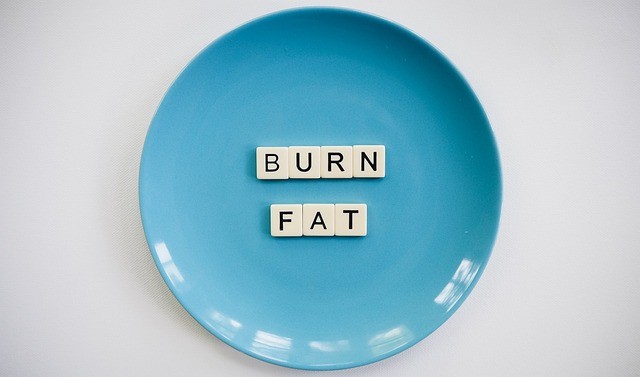
Coffee is the most common source of caffeine. One cup of coffee contains 80-100 mg of caffeine. Caffeine is a natural stimulant. How the human body works on stimulants is the energy demands increase. The caffeine in coffee boosts metabolism which means more calories will be burnt.
Moreover, caffeine can make your body use stored fat for energy over glycogen stores. One study investigated how coffee drinking affects fat burning. It was found that the effects of caffeine on fat burning were associated with lipolysis.
This is because once on the stimulant caffeine, your body produces adrenaline which promotes the release of stored fats and the breakdown of glycogen to glucose in the liver. Anaerobic exercises like high-intensity interval training, sprinting, strength training and upper-body weight training primarily burn fat rather than glucose.
Coffee drinking before these exercises will accelerate fat oxidation. If you’re into aerobic exercises like yoga, walking, or running, consider pairing your exercise routines with healthy low-carb diets like the ketogenic diet. Aerobic exercises primarily burn glucose rather than fat, meaning depleting glucose levels will trigger your body to burn fat. Keto and exercise together are effective for weight loss.
Coffee Has Exercise Performance Benefits
Caffeine is considered a powerful ergogenic aid because of its effects on athletic performance. Research has shown that caffeine intake has been associated with increased physical and endurance performance. The International Society of Sports Nutrition’s position on coffee drinking and exercise is that coffee supplementation possesses exercise performance benefits.
The science behind it is that caffeine stimulates the part of your brain to improve energy and reduce fatigue. This allows you to train for longer periods or at a greater power output.
What do studies have to say about all this? One review investigating the effects of caffeine on endurance performance showed that moderate caffeine intake of 3-5 mg per kilogram of body weight (1.4- 2.3 mg per pound) led to an overall improvement in power output and time trial performance.
Another study on cyclists assessed how low or moderate doses of caffeine in a carbohydrate-electrolyte solution late in exercise improved their time trial performance. Cyclists who consumed 100 to 200 mg doses of caffeine completed the trial faster than those on the carbohydrate-electrolyte solution only.
Caffeine is beneficial at different intensities of exercise. Its consumption can promote the performance of strength or resistance exercises. One study on 12 people performing bench press exercises showed that a caffeine intake of 3-6 mg per kilogram of body weight (1.4-2.7 mg per pound) increased mean bar velocity and mean power output.
A cup of black coffee could turn you into Serena Williams if you were not a morning person.
Reduces Muscle Pain
Besides increasing energy levels for sustained maximal endurance activity, coffee drinking before exercise can reduce pain in your muscles. Studies have shown that a cup of coffee could lower your post-workout pains by 50%.
This study done on 20 elite college athletes who had ingested 6 mg/kg body weight showed that caffeine intake restored maximal voluntary isometric contractions during exercise-induced muscle damage. In addition, caffeine ingestion significantly reduced post-workout muscle soreness.
The study also found that male athletes on caffeine supplementation experienced a greater reduction in delayed onset muscle soreness with better restoration of maximal voluntary isometric contractions than females.
This other clinical study also confirms that consumption of 2 cups of coffee (dose of 5 mg/kg body weight or 2.3 mg per pound) produced a large reduction in pain resulting from eccentric exercise-induced, delayed onset muscle injury.
Caffeine acts as a muscle relaxant which helps reduce pain. This could be attributed to its action on adenosine receptors in our brains involved in pain management. Some compounds in coffee block adenosine receptors which causes pain-relieving effects.
These same compounds also promote the release of beta-endorphins and dopamine. These are neurotransmitters that act as natural painkillers in the body.
If you take part in moderate exercise, you can consider drinking coffee as a pain reliever.
Caffeine’s Focus-Boosting Powers
Why do you usually rush for a cup or three of tea when you have to stay up studying for a test? Caffeine keeps you focused. This can be beneficial for your workouts as well. This state of being focused improves exercise enjoyment which increases the effectiveness of your workouts.
What Kind of Coffee to Drink Before Workout
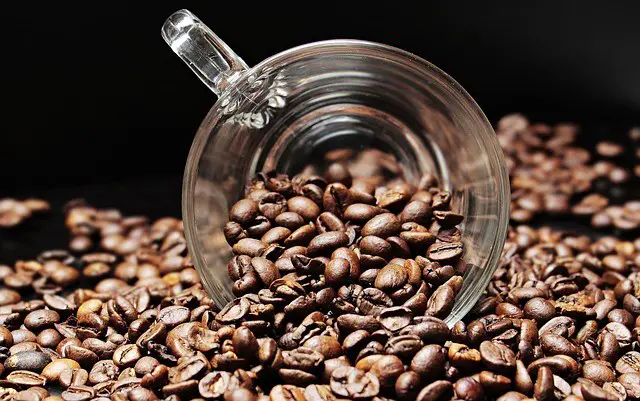
Before knowing the pros and cons of drinking coffee before workout, you need to know which type of coffee to drink. Already on low-carb diets, some beverages are off the table. Before you choose your coffee, you need to how many carbs in a cup of coffee.
How’s this relevant? Remember we want your body to switch fuel during exercise from glucose to fat. The only way to use fats as fuel during exercise is by lowering carb intake.
Black coffee contains no carbs so it can be a good pre-workout drink. However, adding other ingredients to your coffee will increase its carb count preventing you from reaching a fat-burning state.
Coffee with milk, sugar, syrup, honey, and other sweeteners should be avoided when working out. These provide your body with the glucose it needs for energy, meaning it won’t have to turn to fats as an energy source. Types of coffee you can drink before your workout are black coffee, Espresso, and Americano.
You can add low-calorie sweeteners or low-carb milk alternatives like almond milk to your pre-workout coffee for additional flavor.
When to Take Caffeine Before Workout
For maximum benefits drink your coffee 45 minutes to an hour before workout. This applies to hot or cold coffee. You will give your body time to absorb the caffeine and for it to reach the peak of its effectiveness. What time of day is best for drinking coffee pre-workout? This varies from person to person depending on your workout schedule.
Research has shown that the most desirable effects of caffeine intake pre-workout are achieved at a dose of 2-6 mg of caffeine per kilogram body weight (0.9-2.7 mg per pound body weight).
In simple terms, a cup or two of coffee per day should do the trick.
Black Coffee Before Workout Benefits

As earlier discussed, the pros of drinking coffee before exercise include:
- Increased energy levels, performance, and endurance
- Muscle pain relief
- Increased focus and mental alertness
- Accelerates fat burning
Since I promised you both pros and cons of drinking coffee before workout, here are the unwanted side effects of this habit.
Common Side Effects of Pre-Workout Coffee
These are the adverse effects of that cup of coffee you took before your gym session:
- Could cause digestive issues. Digestion slows down when working out because the blood supply is redirected to your muscles. For this reason, taking something before working out can cause a stomach upset. This is why you shouldn’t take your coffee immediately before your workout. I’d recommend a cup of Espresso over black coffee considering it has a higher caffeine content in a smaller volume.
- Different people react differently to caffeine. For those with caffeine sensitivity, they could experience increased heart rate and anxiety after drinking coffee. To enjoy the benefits of pre-workout coffee even with your sensitivity to caffeine, restrict intake to a cup or two a day. Go for the types of coffee with less caffeine content.
- Caffeine’s stimulating effects could cause insomnia. Lack of sleep could lower performance. Caffeine stays in your bloodstream for 5 hours. So, it would be wise to keep your caffeine intake to 6 hours before bedtime.
These are the effects of coffee that will tell you are sensitive to caffeine:
- Anxiety
- Increased heart palpitations
- Irritability
- Insomnia
- Tremors
- Stomach discomfort
If you experience these negative effects even after just one cup of coffee, it is better to avoid coffee drinking. You can get the positive effects of pre-workout coffee from a healthy diet.
Is Coffee Before or After Workout Better?

We have already mentioned the pros and cons of drinking coffee before a workout, but how about after? Research has shown that post-workout coffee can be beneficial to your body.
First, it acts as a good way to hydrate your body just like water and electrolyte drinks. Moreover, some studies have shown that caffeine consumption with carb refeeding post-workout can increase muscle glycogen resynthesis. These speed up muscle recovery.
Glycogen is stored in the muscles and liver. During aerobic exercises, it is depleted in these areas. Drinking coffee post-workout will help increase muscle glycogen levels. This will bring about faster recovery and improved performance in future exercise sessions.
Pre-workout coffee can help your body spare muscle glycogen stores and use fat as its main source of energy. Since there’s a maximum amount of glycogen your body can store, your muscle glycogen stores don’t need replenishment if none of its glycogen is used.
Whether to take coffee pre- or post-workout is highly dependent on the type of exercise you are doing. Aerobic exercises depend on glucose and glycogen for energy so post-workout coffee can do wonders for your muscles. The anaerobic exercises go for fats for energy so pre-workout coffee will help your body do the magic of preserving glycogen stores.
Plus, if you prefer working out on an empty stomach, then coffee after exercise is a better option.
What Should I Drink Before Gym for Energy?
Besides black coffee, what other drinks can you drink to power your workout?
- Green juices
- Supplements like amino acids
- Nut and seeds smoothies
- Water like lime water
Key Takeaways
What you take before your workout will determine how effective your session will be. Coffee has been found to be an effective pre-workout drink because of its caffeine content. The pros and cons of drinking coffee before workout have been mentioned in this article. Drink coffee before hitting the gym to increase fat burning, alertness, and focus and to reduce post-workout soreness.
Drinking coffee can have some negative effects like stomach issues, insomnia, and anxiety. Consuming coffee in moderation can help reduce these effects. And if it doesn’t work, you can give up drinking coffee and stick to a healthy diet for similar benefits.
The answer to, is coffee better before or after workout is subjective. It depends on the type of workout being done and one’s sensitivity to caffeine. People with caffeine sensitivities may prefer taking coffee after a gym session to reduce the chances of stomach upsets. Aerobic exercises call for post-workout coffee, while anaerobic exercises call for pre-workout coffee.
Are you into aerobic or anaerobic exercise? Do you normally take your coffee before or after the gym? Why? Last question, do you prefer iced coffee or hot coffee?



